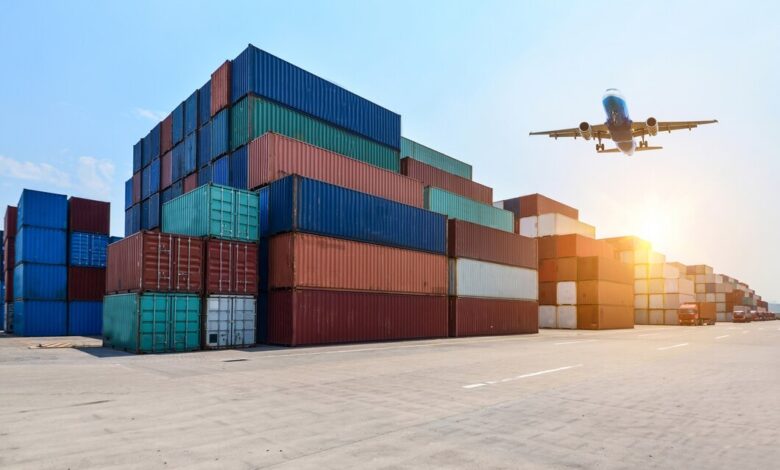Overcoming Supply Chain Challenges in South Africa

The intricate web of supply chains plays a vital role in the functioning of economies around the world, and South Africa is no exception. However, the country faces a unique set of challenges that can hinder the smooth operation of these supply chains. From infrastructure limitations to regulatory hurdles, South African businesses must navigate various obstacles to ensure the efficient flow of goods and services. Let’s delve into some of the key challenges facing supply chains in South Africa and explore strategies for overcoming them.
1. Infrastructure Constraints:
South Africa’s infrastructure, including roads, railways, ports, and airports, is crucial for the movement of goods within the country and for international trade. However, inadequate infrastructure, congestion, and bottlenecks can lead to delays and inefficiencies in the supply chain. Investing in infrastructure upgrades and maintenance is essential to improve connectivity and streamline logistics operations.
2. Transportation Costs:
The high cost of transportation is a significant challenge for South African businesses, particularly those operating in remote or rural areas. Rising fuel prices, toll fees, and vehicle maintenance expenses contribute to the overall cost of transportation, impacting the competitiveness of goods in the market. Implementing efficient route planning, optimizing vehicle utilization, and exploring alternative transportation modes can help reduce transportation costs and improve supply chain efficiency.
3. Regulatory Compliance:
Compliance with regulations and bureaucratic processes can pose challenges for businesses operating in South Africa. Customs clearance procedures, import and export regulations, and compliance with industry standards and certifications require careful attention and resources. Establishing robust compliance management systems, staying informed about regulatory changes, and fostering partnerships with regulatory authorities can help mitigate compliance risks and ensure smooth supply chain operations.
4. Inventory Management:
Effective inventory management is essential for optimizing supply chain performance and meeting customer demand. However, South African businesses may face challenges such as stockouts, excess inventory, and inventory inaccuracies due to factors like poor forecasting, limited access to real-time data, and supply chain disruptions. Implementing inventory management best practices, leveraging technology solutions such as inventory tracking systems, and adopting demand-driven approaches can help businesses overcome inventory management challenges and improve operational efficiency.
5. Skills Shortages:
The shortage of skilled labor in certain sectors, such as logistics and supply chain management, poses a significant challenge for businesses in South Africa. A lack of qualified professionals with expertise in supply chain planning, procurement, and logistics can hinder the effectiveness of supply chain operations. Investing in workforce development initiatives, offering training programs, and collaborating with educational institutions to bridge the skills gap are essential strategies for addressing skills shortages and building a competent workforce.
6. Supply Chain Disruptions:
Supply chain disruptions, such as natural disasters, political instability, and global pandemics, can have far-reaching impacts on businesses’ ability to procure raw materials, manufacture products, and deliver goods to customers. Developing robust risk management strategies, diversifying supply sources, and building resilient supply chains capable of adapting to unforeseen challenges are critical for mitigating the impact of disruptions and ensuring business continuity.
Overcoming supply chain challenges in South Africa requires a multifaceted approach that addresses infrastructure constraints, transportation costs, regulatory compliance, inventory management, skills shortages, and supply chain disruptions. By implementing strategic initiatives, leveraging technology solutions, and fostering collaboration across the supply chain ecosystem, businesses can enhance the resilience, efficiency, and competitiveness of their supply chains, driving sustainable growth and prosperity in the South African economy.




